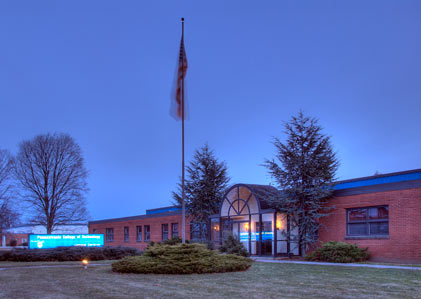Meet the Expert: J.R. Kok

J.R. Kok is an associate professor at Lewis-Clark State College in Lewiston, Idaho, where he also manages the HVAC/R Technology program. He holds a master’s degree in adult organizational learning and leadership from the University of Idaho, is a class A air conditioning contractor in the state of Florida, and holds an HVAC journeyman license in Idaho. He has been working in the HVAC/R industry since 1990.
“I chose this career 30 years ago because I didn’t know what I wanted to do after graduating high school,” he shares. “ Someone in a position similar to the one I have now came to my high school and talked about this career. He shared about how it required electrical work, plumbing work, and even construction. There was a lot of science and math involved, more so than the other trades I saw out there. I didn’t want to be bored, and I wanted to have things that keep me busy. I felt like that would be the case with this field, and it has been true.”



